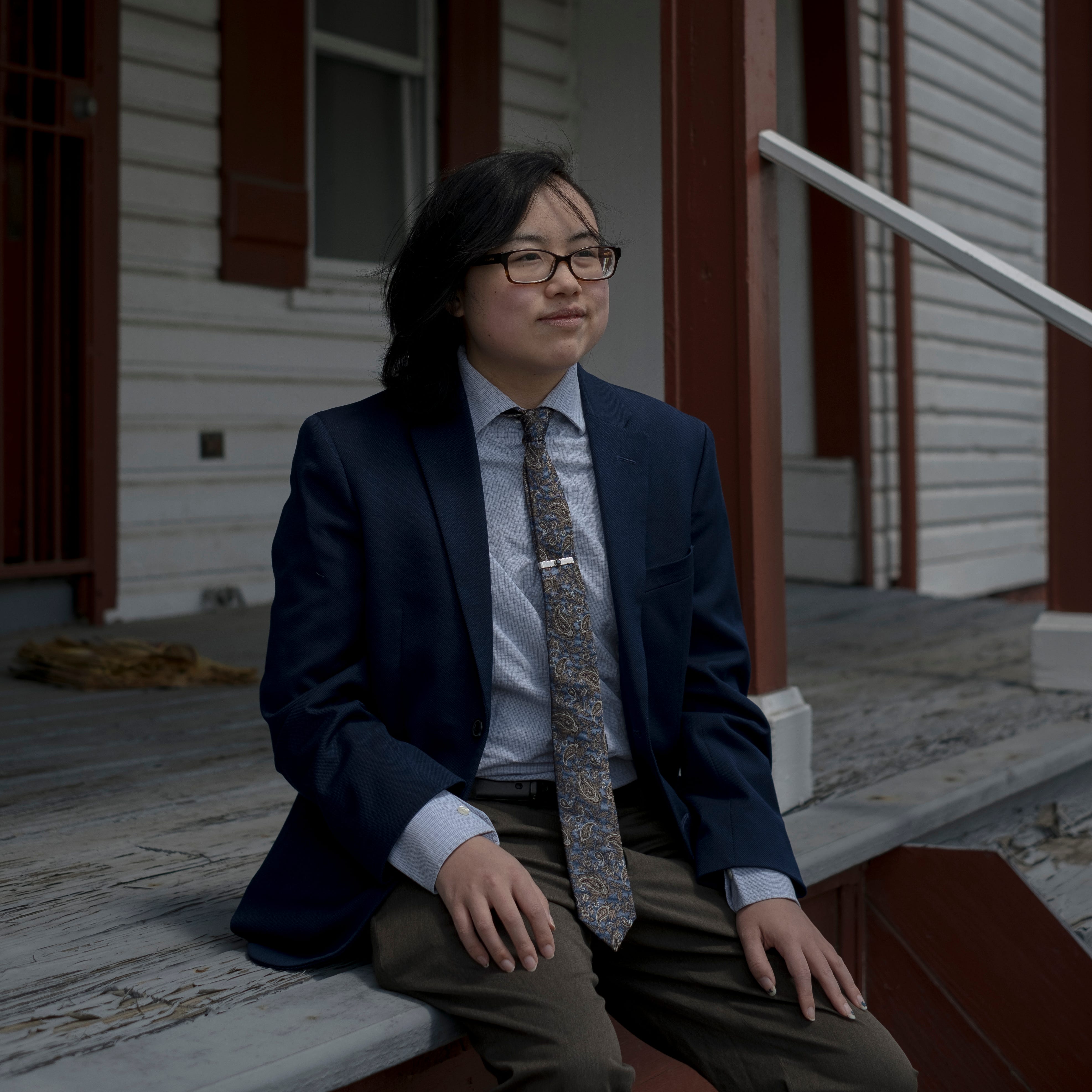
Member-only story
Autism Is an Identity, Not a Disease: Inside the Neurodiversity Movement
Activists argue that rather than trying to ‘cure’ or treat the neurodivergent, society should learn to accept, appreciate, and accommodate their needs
At first glance, the Autistic Self Advocacy Network (ASAN) annual gala in November looked like many a Washington, D.C., nonprofit fundraiser. Approaching the swank ballroom of a downtown hotel, I saw the standard check-in table by the door, and coat check nearby.
But with my drink ticket, I received an unusual packet: a set of color-coded communication badges to display like a name tag. Green signifies “actively seeking communication and happy to be approached for a conversation.” Yellow means “I only want to talk to people I know.” Red indicates “I don’t want to talk to anyone.”
I clipped a green badge on my jacket, and proceeded into the event. At the tables, each place setting sported a colorful stim toy — a small object to fidget with in order to self-soothe — and a list of potential table conversation topics, including “If you could eliminate any societal unwritten rule, what would it be?” and “Should small talk be illegal or just discouraged?” a nod to the discomfort many autistic people* feel when making conversation…
